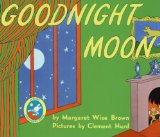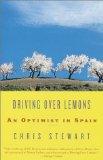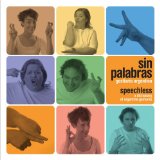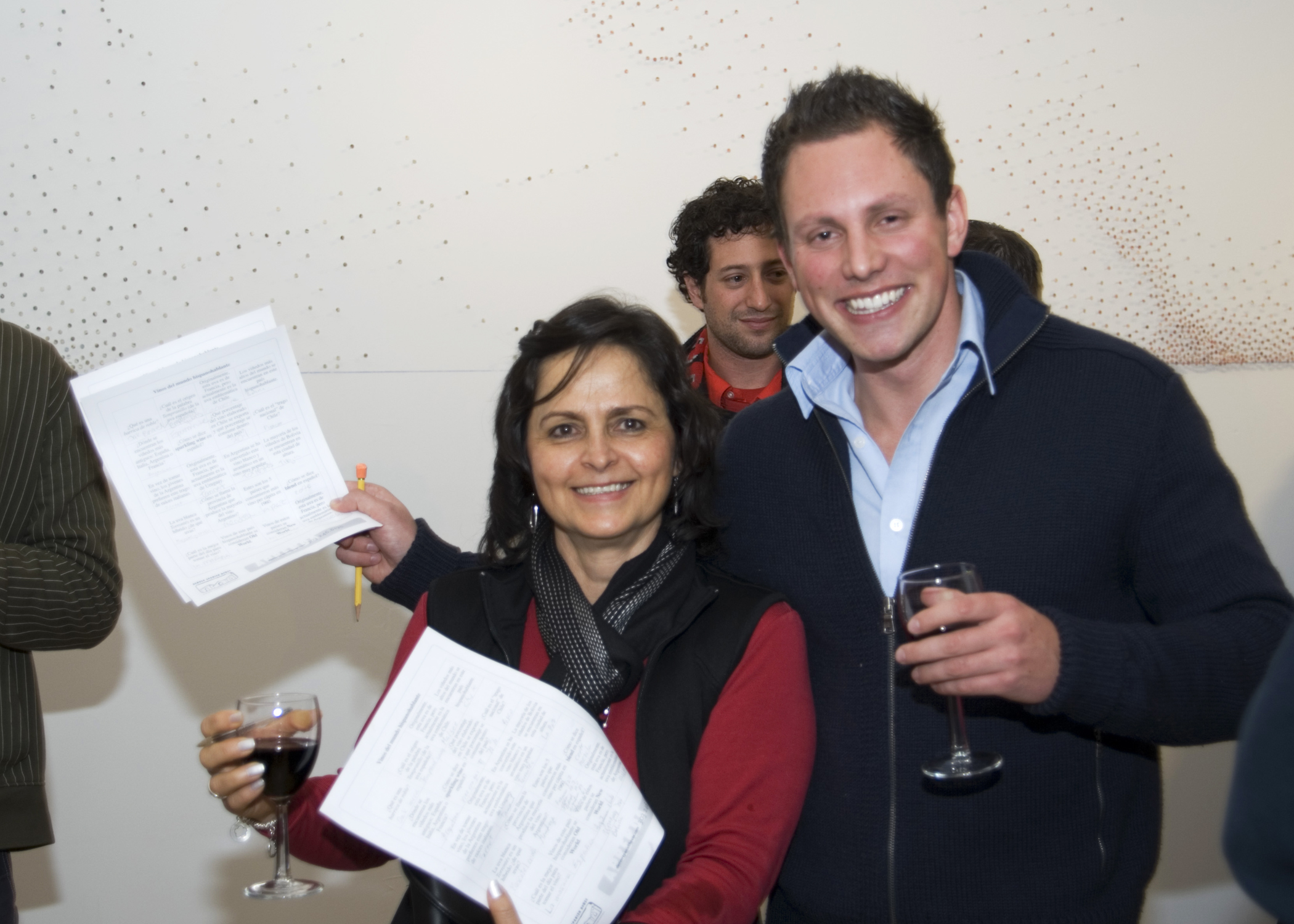Planning a trip
Submitted by Nikki on
- En grupo grande, hacer una lista de elementos en una ciudad:
museos
restaurantes
jardin botánico
parque zoológico
universidades
parques
cultura
monumentos
tráfico
bibliotecas
tiendas
zonas
teatros
estadios
bares - ¿Qué ciudad tiene mucho/poco...?
- Cada alumno tiene una recomendación de una ciudad que quiere visitar. Habla de los benefícios de la ciudad (tiene mucha cultura, restaurantes, etc.). Después, escribir una lista de las ventajas y desventajas de visitar dicha ciudad.
- En grupo, discutir y escoger la mejor opción. Hacer una lista de cosas que tenemos que hacer antes del viaje:
comprar billetes/pasajes (¿Cuándo vamos a ir?)
investigar hoteles, etc. (¿Quién quiere investigar?)
hacer las reservas (¿Quién puede hacerlo?)
hacer las maletas
- Decidir que necesitamos traer (ropa, artículos de aseo, libros, technología)
¿Necesitamos traer pan? No, no necesitamos traer pan.
- Introducir: IR + A + infinitivo
¿Qué vamos a hacer?
Vamos a (visitar los lugares de interés, relajar en la playa, tomar mucho vino, etc).
- Para cerrar la clase, estudiantes tienen que "explicar" fotos del viaje. En esta foto, Maria está comiendo en un restaurante en Madrid. Aquí estamos hablando con nuestra guía. Para estudiantes jovenes, dales la tarea de dibujar fotos del viaje y explicarlas (documento adjunto).





